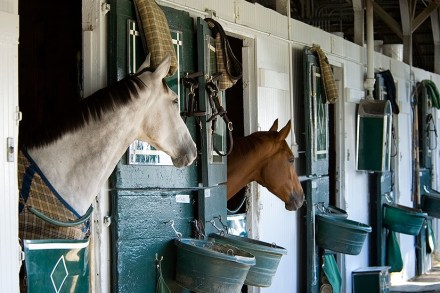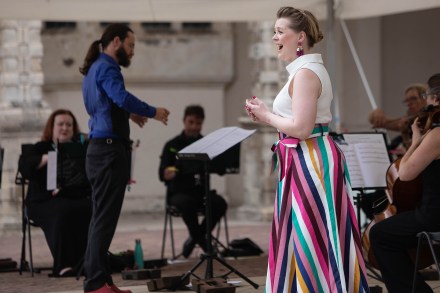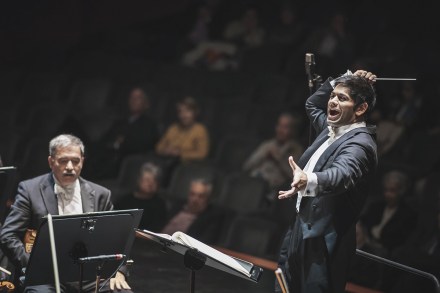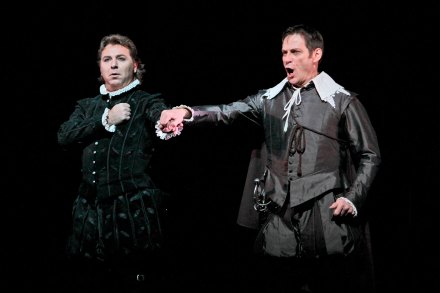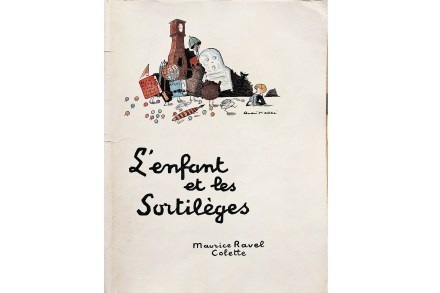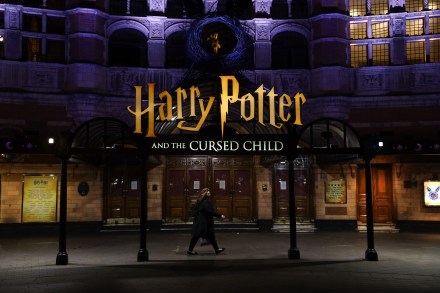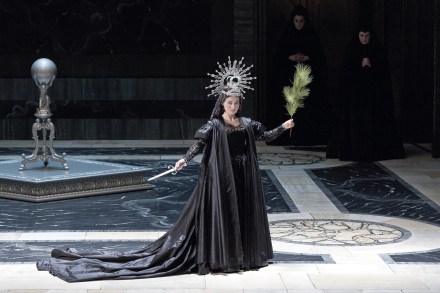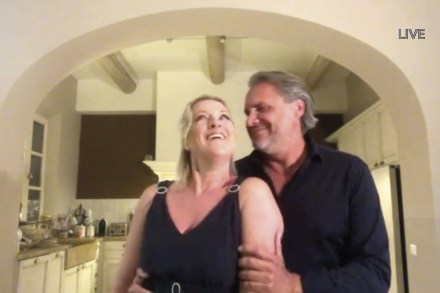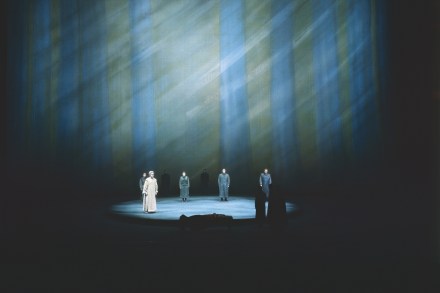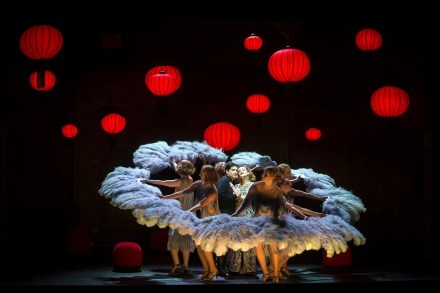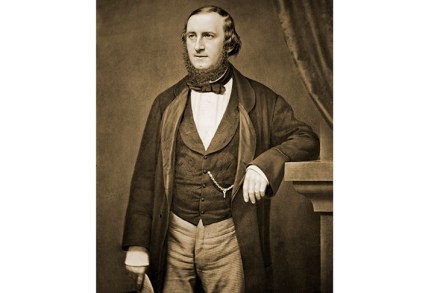The trainer who sings opera to her racehorses
Wetumpka Racing? When your yard is running at a handsome strike rate of 40 per cent wins to runs you can perhaps afford to name your racing partnership after a natural disaster. After all, it was 85 million years ago when a massive meteorite smashed into Alabama at Wetumpka. Trainer Heather Main, based in 90 acres of rural idyll at Kingston Lisle, near Lambourn, explains that Wetumpka is in fact an Indian word describing the bubbling waters of the river that resulted, and you have to agree that ‘Wetumpka Racing’ has a greater impact than something more traditional like H. Main Racing. Located around a grand wisteria-clad 1718 farmhouse with
